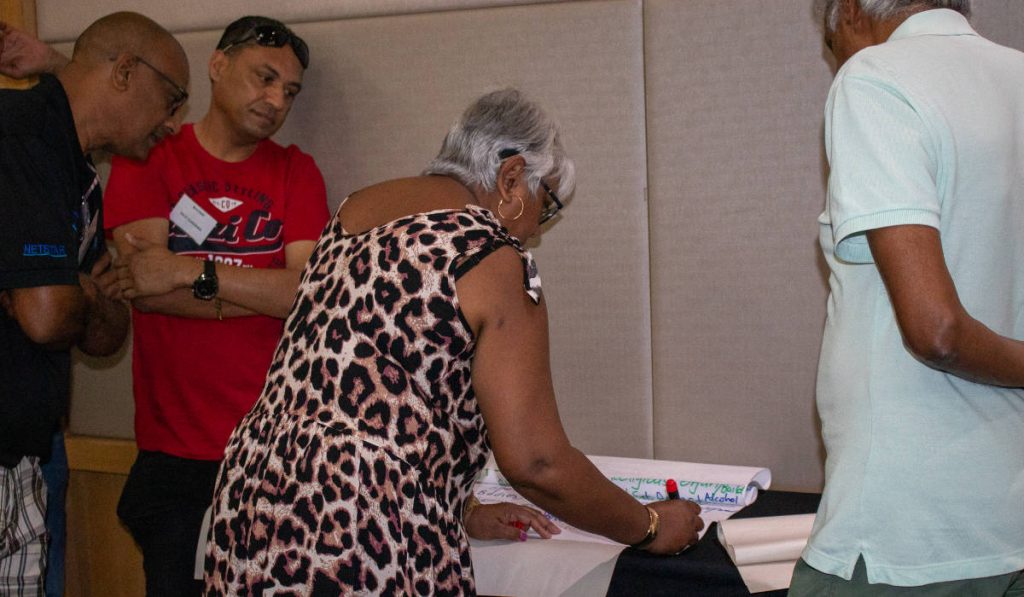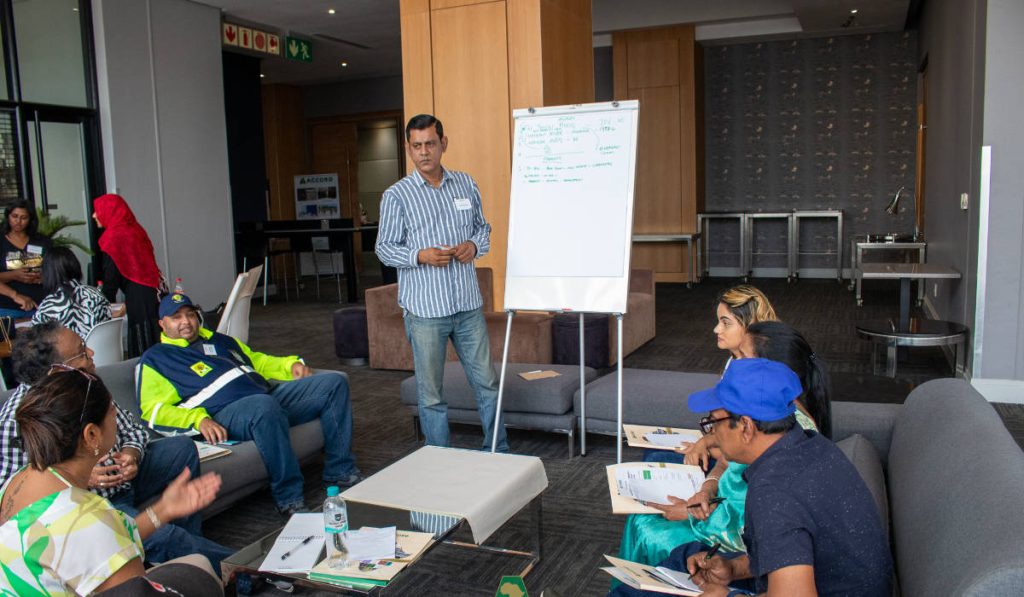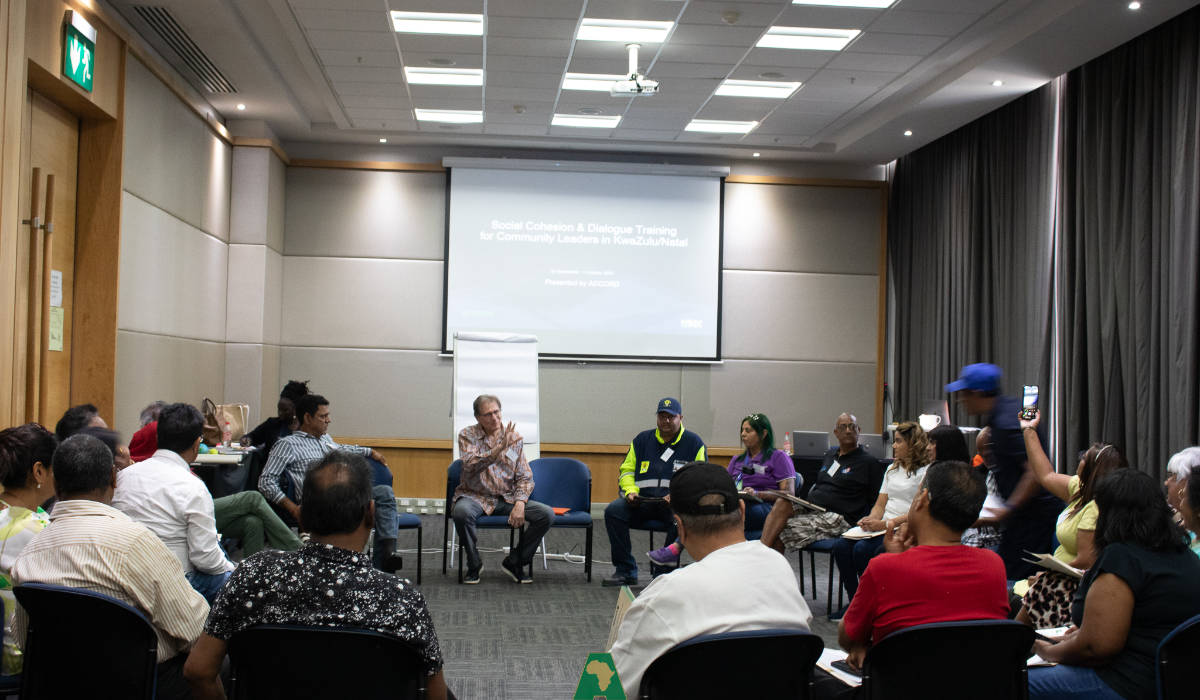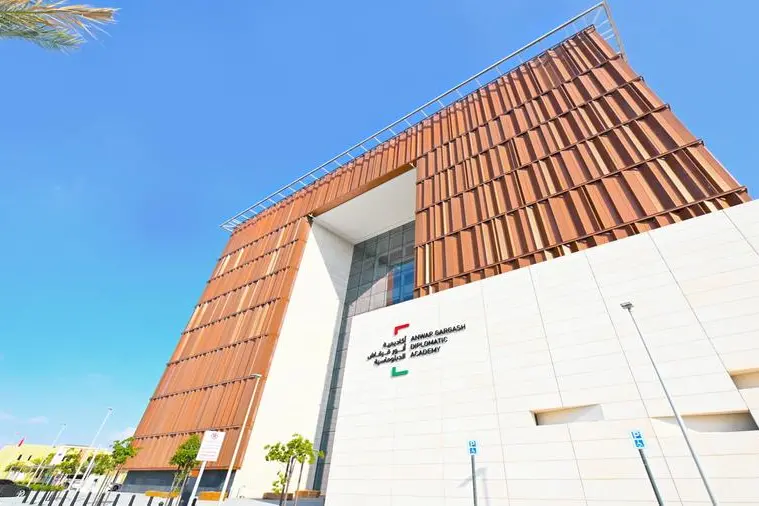The July 2021 civil unrest that broke out in the province of Kwa-Zulu Natal (KZN), South Africa, caused tensions within the local communities in KZN particularly in the Phoenix and surrounding areas. ACCORD was approached by the Giving Hope Foundation, a local civil society organization, to conduct a workshop for community leaders to strengthen social cohesion and provide skills in dialogue, conflict management and resilience. ACCORD, with an extensive track record of building local and national capacities for peace, recognizes that local and national stakeholders, such as community leaders, should be better enabled to manage conflict situations constructively. Local communities holding the right skill set and capacity to intervene early in conflict situations is crucial in preventing violence, particularly civil unrest, as was experienced in South Africa in July 2021.
A two-day training facilitated by ACCORD’s Manager of Applied Knowledge and Learning, Mr. Philip Visser in Durban, South Africa provided the learning environment for leaders to collectively dialogue and reflect on their situation. The participants highlighted the challenges and factors that contribute to the barriers for social cohesion, and they attempted to tailor solutions to these challenges for the betterment of their community. Rebuilding a fragile social fabric in a community requires a certain level of trust, understanding, and willingness from the leaders to collaborate to bring about positive changes – this was the key insight following the reflective discussions.

The broad workshop theme focused on different processes to address conflict constructively, specifically dialogue and negotiation. The workshop also offered a framework to understand resilience and how aid can often exacerbate divisions within the community.
The two-day training which took place on 30 September and 1 October 2023, opened up a conversation between the participating leaders on mending broken relations, and on building a strong rapport among themselves. The leaders were also able to identify challenges and opportunities that could further affect their continuous social cohesion efforts.
Overall, the training provided the participants with the platform to thoughtfully reflect on the responsibility that comes with leadership. Moving forward, the leaders encouraged each other to use the network, share ideas, and organize and advance conversations on community dialogues. They left the training with a deeper understanding of how these conversations could aid in strengthening community resilience and help the respective communities to recognize their differences while staying open to using diversity, towards their common good. The leaders also acknowledged the importance of trust and understanding when working as a collective to change the narrative and the effect this may have in building a culture of peace in their communities for the current and future generations.









